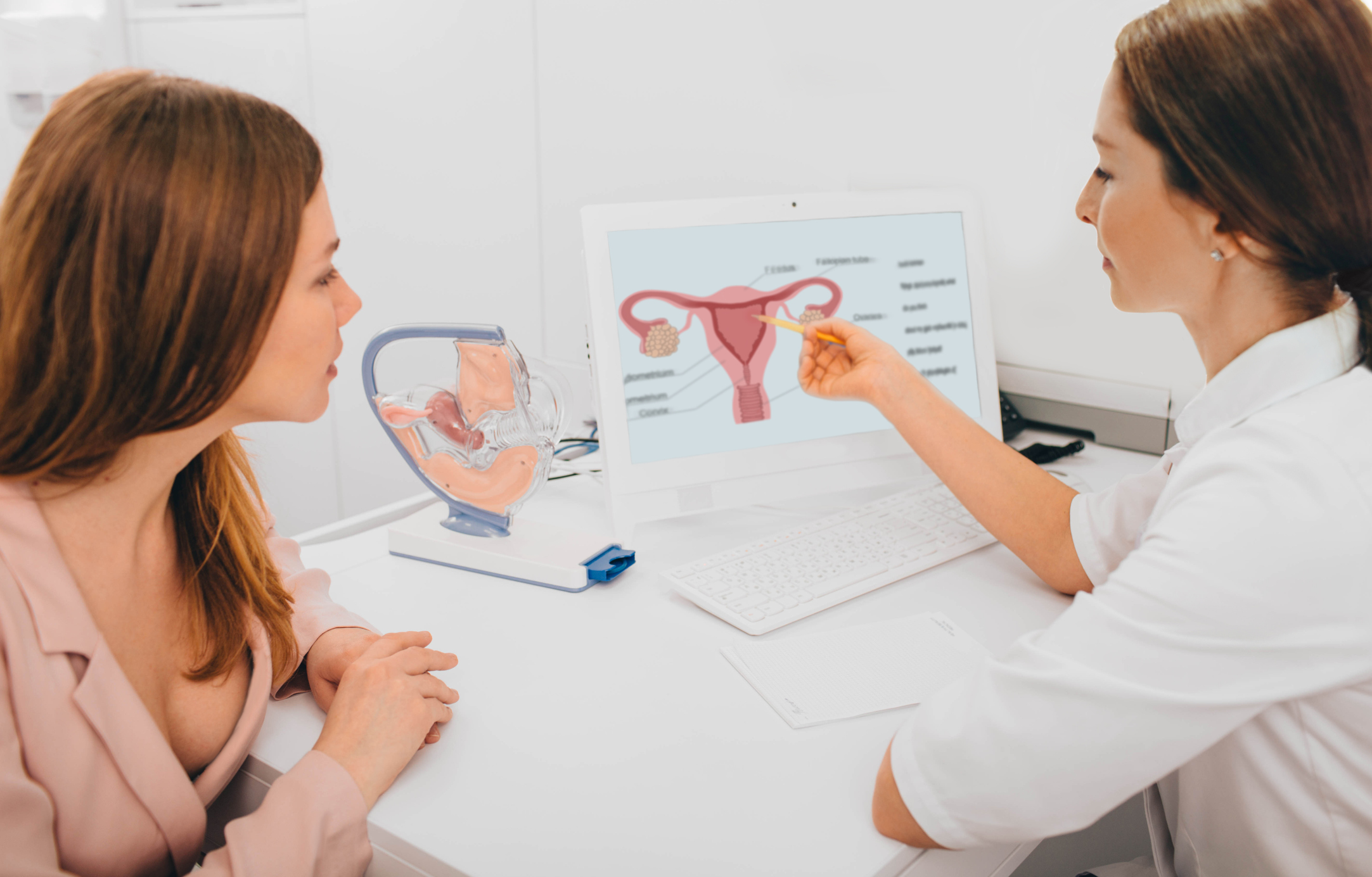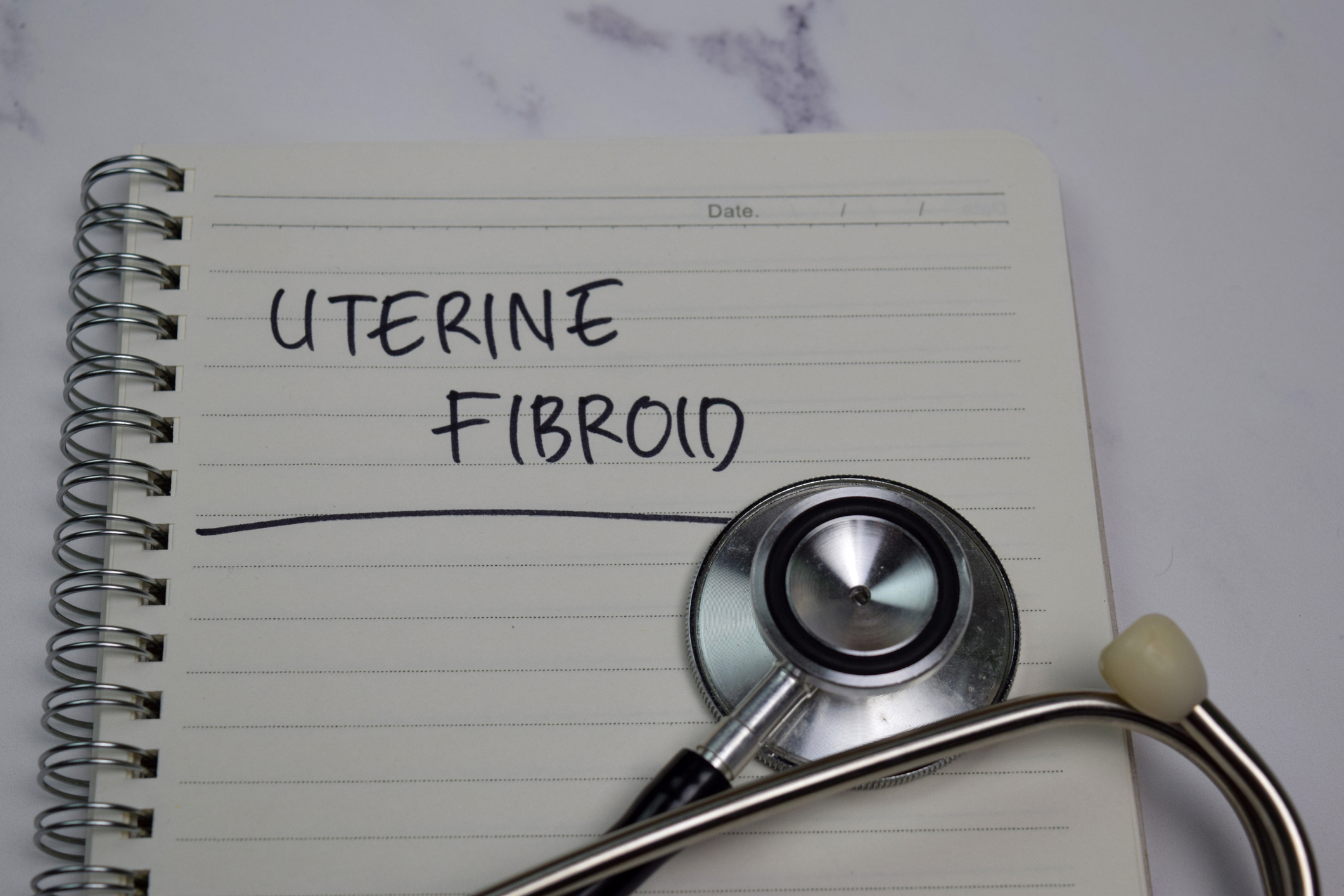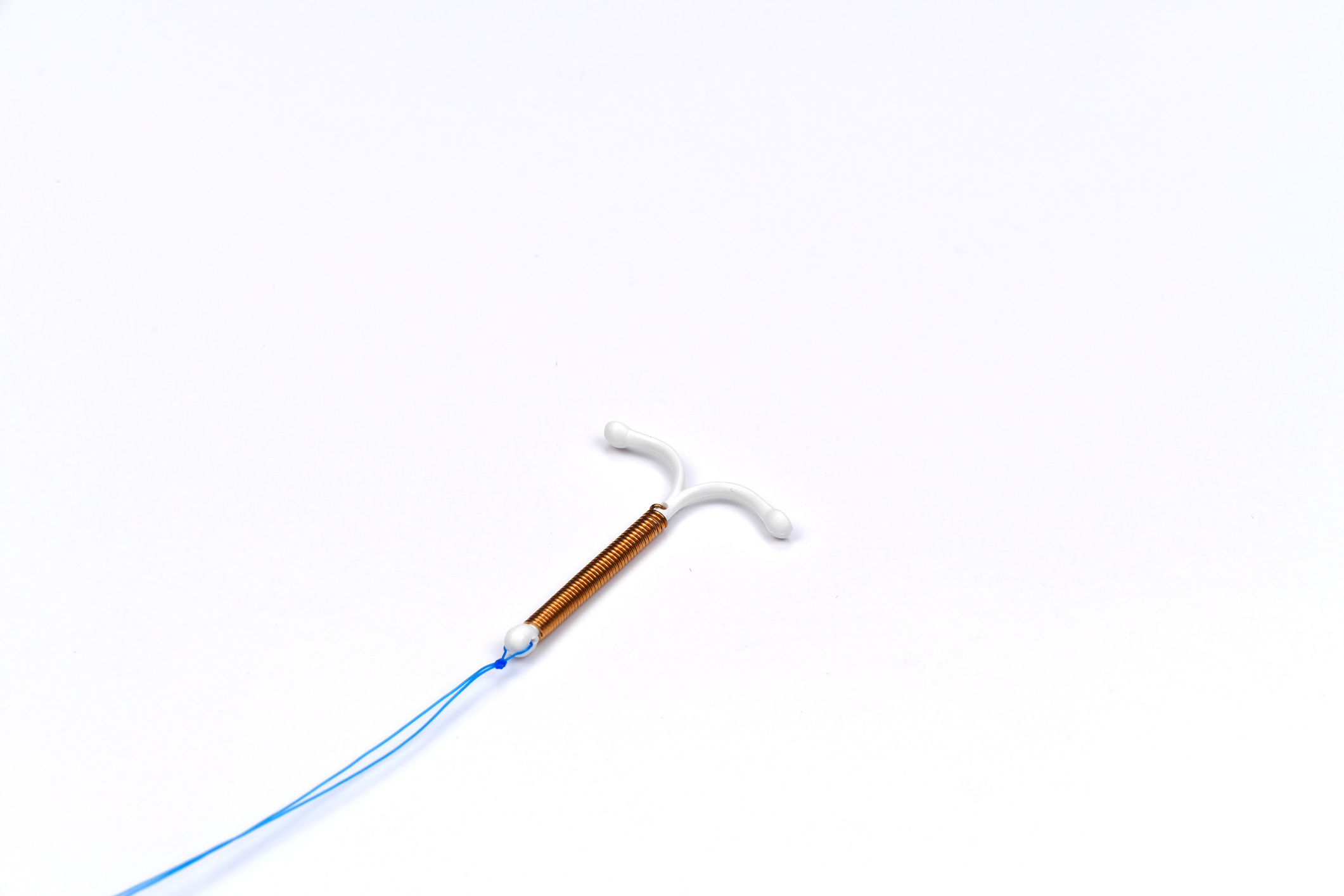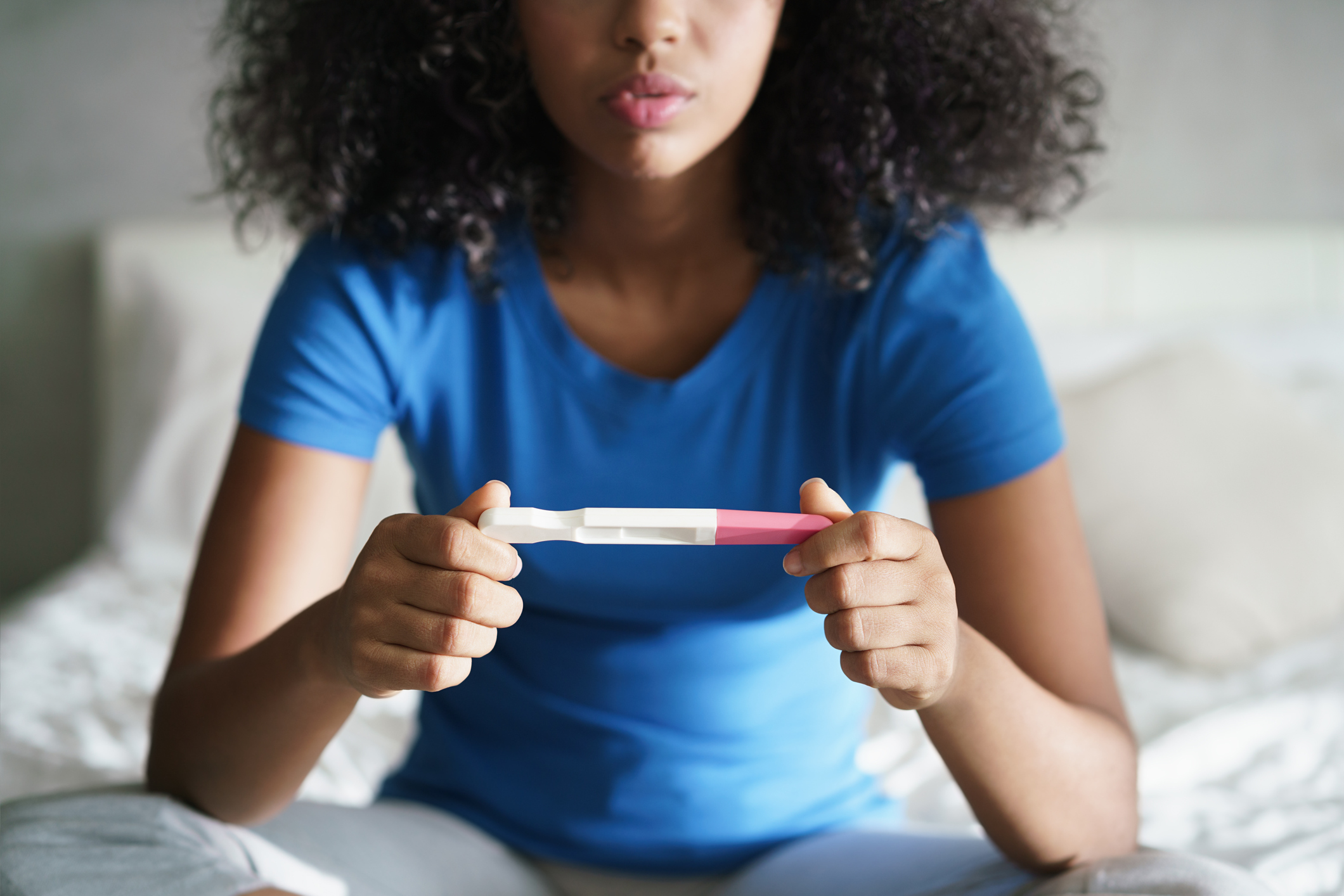
How intimate are you with your menstrual cycle? You're most certainly aware of it and know when and if you are menstruating, but apart from that, what else do you know? Do you know how often you get your period? Do you know how long your periods tend to last or how heavily or not heavily you tend to bleed? Would you notice right away if your menstrual bleeding became abnormally heavy? Do you know that heavy menstrual bleeding can be a sign that something is wrong? We ask because knowing these things is key to monitoring your overall health.
More from MamásLatinas: Vaginal odors to watch out for
It's important to be extremely familiar with your menstrual cycle regardless of whether you are trying to get pregnant or not because a change in your menstrual cycle may be your body's way of sending you a signal that something is off. Take abnormally heavy bleeding during your period for example. It's normal for your flow to fluctuate a bit. But if you experience bleeding that is so heavy or painful that it keeps you from being able to go on about your business, it could be a condition called menorrhagia. Keep reading to find out more about menorrhagia and if and when you should see a doctor about it.
What is menorrhagia?

Mayo Clinic notes, "Menorrhagia is the medical term for menstrual periods with abnormally heavy or prolonged bleeding." Abnormally heavy bleeding can mean that you have to change your pad or tampon after less than two hours or that you pass clots that are the size of a quarter or larger. Menstrual bleeding lasting more than seven days would qualify as prolonged bleeding.
Menorrhagia is abnormal, but not uncommon.

Although, it's not normal to experience menorrhagia, that doesn't mean that it is uncommon. It happens to about 1 in every 20 women. Sometimes a cause can't be found, but many times there is an underlying cause.
Can it cause other problems?

Yes, menorrhagia can lead to anemia if it is persistent and goes untreated. It can also cause pain in your abdomen and it can make it difficult to go about your daily life because you are uncomfortable and always have to worry about swapping out your sanitary protection.
What are the symptoms?

Some of the symptoms can include:
- Having to change your pad or tampon every hour for several hours
- Having to double up on sanitary protection
- Having to change your pad or tampon during the night
- Bleeding for more than a week
- Passing blot clots that are larger than a quarter
- Feeling tired, fatigued, or short of breath
Let’s talk about the possible causes.

There are a lot of reasons why you may be experiencing heavier than normal bleeding. We'll go through some of the more common ones, but we aren't doctors and we certainly aren't trying to diagnose you. This is just to familiarize you with some of the possible causes.
Hormone imbalances can cause it.

When you have a period, what is happening is that you are shedding the lining that has built up in your uterus. That lining is regulated by two hormones: estrogen and progesterone. If the balance between those two hormones is off, it can cause heavy menstrual bleeding. Hormone imbalances can be caused by a bunch of different things including polycystic ovary syndrome (PCOS), obesity, or thyroid issues.
It can happen if your ovaries do not release an egg.

When your ovaries release an egg, it's called ovulation. The release of that egg is instrumental in producing progesterone. If that egg is not fertilized, it leaves your body, along with the lining of your uterus, when you menstruate. But in some cases, an egg is never released, which means your body doesn't produce the needed progesterone. That lack of progesterone causes an imbalance that can result in abnormally heavy bleeding.
It could be a sign of uterine fibroids.

According to the Mayo Clinic, "Uterine fibroids are noncancerous growths of the uterus that often appear during childbearing years." The good news is that they haven't been associated with an increase in the risk of developing uterine cancer. The bad news is that they can cause very heavy menstrual bleeding, periods that last longer than a week, pelvic pain, and other complications.
Uterine polyps can also cause it.

Uterine polyps are growths that are attached to the inner wall of the uterus. They are usually benign, but can turn into cancer. What makes them different from uterine fibroids is the tissue that they are made of. Fibroids are made of fibrous connective tissue and polyps are made of the same tissue that lines the uterus. Not only can they cause heavy bleeding during your period, they can also cause bleeding between periods, and bleeding after menopause.
It could be caused by your birth control device.

If you use a nonhormonal intrauterine device (IUD) as birth control, be aware that menorrhagia is a possible side effect. A nonhormonal IUD is a T-shaped device with copper wrapped around it that is inserted to prevent pregnancy. It works without using hormones because sperm does not like copper. But copper IUDs can make you have heavier periods and cause cramping. Usually, once your body becomes accustomed, the symptoms subside.
Cancer could be the culprit.

We're not bringing up cancer to scare you, just to inform you. You should know that both uterine and cervical cancer can cause abnormally heavy bleeding. If you are postmenopausal or have had an abnormal Pap test, you should definitely consult your doctor.
Sometimes pregnancy complications can be the cause.

If your period is late and heavy, it could actually be a miscarriage. You may not have known that you were pregnant at all because it was early on. If you suspect that's the case, talk to your health care provider.
You may have inherited a bleeding disorder.

Bleeding disorders can be inherited. They can affect your blood-clotting ability and lead to excessive menstrual bleeding. If you know that this is a possible genetic factor for you, let your doctor know about your family history.
Medications have been known to cause it.

Are you taking any medications that might affect how much you bleed during your period? They can include anti-inflammatory medications, hormonal medications, or anticoagulants. Heavy bleeding could be a side effect of medications used for liver or kidney disease, as well.
Should you see a doctor?

A day or two of heavy-ish bleeding during your menstrual cycle is normal, but if you notice heavier than usual bleeding, pay attention. If you are soaking through your sanitary protection by the hour, bleeding for more than a week, passing larger than quarter-sized clots, or in pain, don't suck it up and try to deal with it on your own. Don't panic or self-diagnose, either. Instead, call your doctor. You can call your primary care doctor or your gynecologist. From there, if needed, they may refer you to a specialist.

